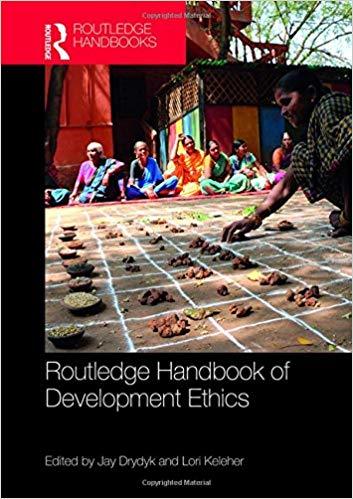Cultural Freedom: Worthwhile Development for a Diverse World

Abstract
Cultural freedom, consistent with human rights, is one of the seven key values of worthwhile human development put forward by Bose, Drydyk, and Penz (2011). But to understand what the notion of cultural freedom brings to the practice and evaluation of development, we must take it not simply as a feature of ethical development, a condition to which "good" development aspires, but as an object of inquiry within development ethics. The view of cultural freedom from development ethics thus can, and should, be interpreted through the lens of these same seven values. For the notion of cultural freedom to be deployed in a way that enhances human freedom and well-being, rather than weaponized in a way that can limit individual opportunity and agency, or in a way that fetishizes culture as a primary social good independent of its value for real human beings, it must also adhere to the seven goals of worthwhile development. After canvassing several of the most prominent current debates that invoke the role of cultural freedom in global development, this chapter details the "cultural liberty" model of cultural freedom championed by UNDP and explores its compatibility with the seven values of worthwhile human development.